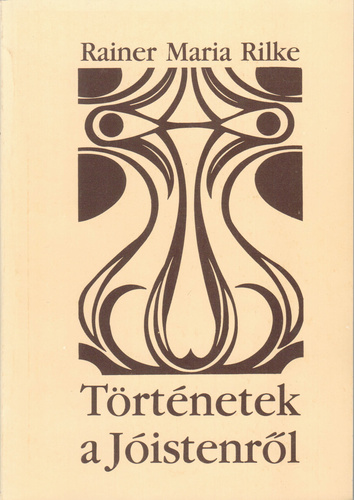What do you think?
Rate this book


110 pages
First published January 1, 1900
"Y si a usted le llena de angustia o de ansiedad pensar en la infancia y en lo que en ella hay de sencillo y sosegado porque ya no puede creer en Dios que allí se encuentra por todas partes, pregúntese a sí mismo, querido señor Kappus, si de veras ha perdido a Dios. ¿No será más bien que no lo ha poseído nunca? Porque, ¿cuándo lo habría podido poseer?